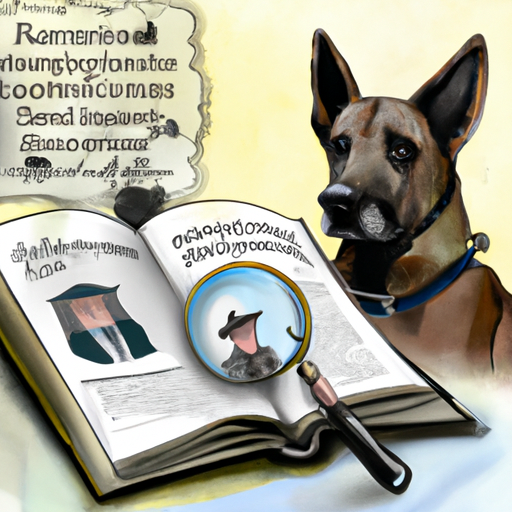1. Introduction
As a dog parent, you’re probably curious about your furry friend’s lineage. Understanding your dog’s breed can help you cater to their specific needs and potential health risks. This guide will walk you through the process of discovering your dog’s breed, ensuring you’re well-equipped to provide the best care possible.
2. Physical Characteristics
First, let’s start with the most obvious step: examining your dog’s physical characteristics. Here’s a brief rundown:
- Size: Large, medium, small, or toy-sized?
- Coat: Is it short or long, wavy or straight, thick or thin?
- Color: What’s the predominant color? Are there any distinctive patterns?
- Ears: Are they floppy, pointed, or somewhere in-between?
- Tail: Is it curly, straight, long, short, or even non-existent?
And so on. Take a good look and note down your observations. Remember, it’s all in the details.
3. Behavioral Traits
Dogs don’t just differ in looks. They have unique behaviors too, often linked to their breed’s historical function. Is your dog a herder, a retriever, a guard, or perhaps a lapdog?
- Energy Levels: Is your dog always ready for action or more of a couch potato?
- Prey Drive: Does your dog chase after squirrels or ignore them?
- Sociability: Is your dog friendly with strangers or more reserved?
- Trainability: Does your dog learn new tricks quickly or are they more stubborn?
Reflect on these behaviors. They can provide valuable hints to your dog’s breed.
4. DNA Testing
For a more scientific approach, consider a dog DNA test. Many companies offer this service, with varying degrees of accuracy and detail. Here’s a simple comparison table of some popular choices:
| Service | Price | Number of Breeds Detected | Turnaround Time |
|---|---|---|---|
| Embark | $199 | 350+ | 2-4 weeks |
| Wisdom Panel | $99-$159 | 350+ | 2-3 weeks |
| DNA My Dog | $68-$188 | 97 | 2 weeks |
These tests can not only identify your dog’s breed mix but also detect potential genetic health conditions.
5. Seek Professional Opinion
Finally, you could consult a veterinarian or a professional dog trainer. They have extensive experience with different breeds and can often provide an educated guess based on your dog’s physical traits and behavior.
FAQ
Q: Can I determine my dog’s breed just by looking at them?
A: Physical traits can give you hints, but it’s not always accurate. Some breeds can have similar characteristics.
Q: Are dog DNA tests reliable?
A: While they’re not 100% accurate, they can provide a good estimate of your dog’s breed composition.
Q: Is knowing my dog’s breed important?
A: It can help you understand their needs and potential health risks better, but remember, every dog is unique.
Remember, while knowing your dog’s breed can be interesting and insightful, it doesn’t change the love and bond you share with your furry friend.



